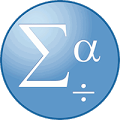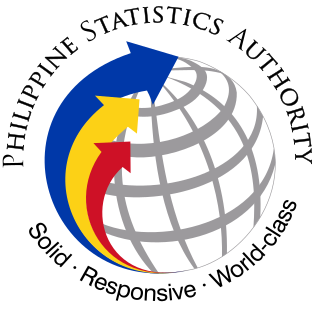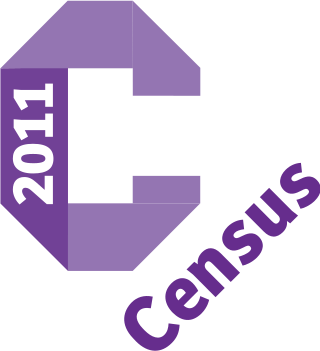
A data set is a collection of data. In the case of tabular data, a data set corresponds to one or more database tables, where every column of a table represents a particular variable, and each row corresponds to a given record of the data set in question. The data set lists values for each of the variables, such as for example height and weight of an object, for each member of the data set. Data sets can also consist of a collection of documents or files.
Mad, mad, or MAD may refer to:
Relationship most often refers to:

Statistics is the discipline that concerns the collection, organization, analysis, interpretation, and presentation of data. In applying statistics to a scientific, industrial, or social problem, it is conventional to begin with a statistical population or a statistical model to be studied. Populations can be diverse groups of people or objects such as "all people living in a country" or "every atom composing a crystal". Statistics deals with every aspect of data, including the planning of data collection in terms of the design of surveys and experiments.
The theory of statistics provides a basis for the whole range of techniques, in both study design and data analysis, that are used within applications of statistics. The theory covers approaches to statistical-decision problems and to statistical inference, and the actions and deductions that satisfy the basic principles stated for these different approaches. Within a given approach, statistical theory gives ways of comparing statistical procedures; it can find a best possible procedure within a given context for given statistical problems, or can provide guidance on the choice between alternative procedures.

The Pas is a town in Manitoba, Canada, at the confluence of the Pasquia River and the Saskatchewan River and surrounded by the unorganized Northern Region of the province. It is approximately 520 kilometres (320 mi) northwest of the provincial capital, Winnipeg, and 35 kilometres (22 mi) from the border of Saskatchewan. It is sometimes still called Paskoyac by locals after the first trading post, called Fort Paskoya, constructed in the 1740s by French and Canadian traders. The Pasquia River begins in the Pasquia Hills in east central Saskatchewan. The French in 1795 knew the river as Basquiau.
Category, plural categories, may refer to:

SPSS Statistics is a statistical software suite developed by IBM for data management, advanced analytics, multivariate analysis, business intelligence, and criminal investigation. Long produced by SPSS Inc., it was acquired by IBM in 2009. Versions of the software released since 2015 have the brand name IBM SPSS Statistics.
The Office for National Statistics is the executive office of the UK Statistics Authority, a non-ministerial department which reports directly to the UK Parliament.
Statistics, when used in a misleading fashion, can trick the casual observer into believing something other than what the data shows. That is, a misuse of statistics occurs when a statistical argument asserts a falsehood. In some cases, the misuse may be accidental. In others, it is purposeful and for the gain of the perpetrator. When the statistical reason involved is false or misapplied, this constitutes a statistical fallacy.
The National Center for Education Statistics (NCES) is the part of the United States Department of Education's Institute of Education Sciences (IES) that collects, analyzes, and publishes statistics on education and public school district finance information in the United States. It also conducts international comparisons of education statistics and provides leadership in developing and promoting the use of standardized terminology and definitions for the collection of those statistics. NCES is a principal agency of the U.S. Federal Statistical System.

The Philippine Statistics Authority is the central statistical authority of the Philippine government that collects, compiles, analyzes, and publishes statistical information on economic, social, demographic, political affairs, and general affairs of the people of the Philippines, as well as enforcing the civil registration functions in the country.
Replacement(s) or Replace may refer to:
SDMX, which stands for Statistical Data and Metadata eXchange, is an international initiative that aims at standardising and modernising ("industrialising") the mechanisms and processes for the exchange of statistical data and metadata among international organisations and their member countries.

A census of the population of the United Kingdom is taken every ten years. The 2011 census was held in all counties of the UK on 27 March 2011. It was the first UK census which could be completed online via the Internet. The Office for National Statistics (ONS) is responsible for the census in England and Wales, the General Register Office for Scotland (GROS) is responsible for the census in Scotland, and the Northern Ireland Statistics and Research Agency (NISRA) is responsible for the census in Northern Ireland.

Data science is an interdisciplinary academic field that uses statistics, scientific computing, scientific methods, processes, scientific visualization, algorithms and systems to extract or extrapolate knowledge and insights from potentially noisy, structured, or unstructured data.






